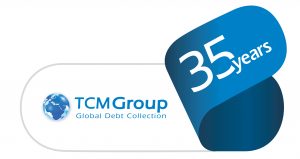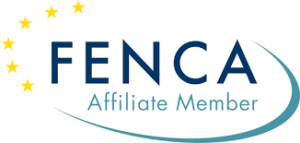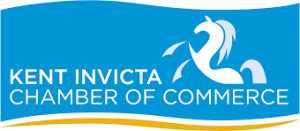About
News & Articles
Commercial Debt Recovery: What are your options?
When an individual or a firm owes money to another, it is referred to as commercial debt. Businesses, individuals, and government entities can all owe commercial debt. It might result from loans, credit cards, unpaid invoices, or even court judgement debts.
If a debtor fails to pay, creditors have numerous choices for retrieving their money all the way up to legal action. Creditors may also choose to employ a commercial debt recovery specialist agency.
Debt Recovery Process – Speak to the Debtor
The initial step for creditors is to speak with the debtor. They should notify the debtor that commercial debt collection actions have begun and explain their payment choices. This could include making one or more payments or selling an asset to pay off the debt.
Written Payment Reminder
If this dialogue is impossible or ineffective, creditors may send a reminder in writing for the overdue debt. This should be delivered after two weeks of no payment and should include information about what has occurred to date as well as timetables for upcoming events such as court action. It is critical for creditors to keep track of any correspondence sent in order to use it in future proceedings. More information of Debt Collection Letter.
Court Proceedings
In England and Wales, retrieving a debt through the legal system is a costly and time-consuming process. Creditors need to ensure that they have carried out a thorough assessment of the debt prior to starting legal action to maximise the chances of recovery and do not end up throwing good money after bad. In short, this means:
- Checking that the debtor is registered at the address on file
- Gathering evidence that the debtor is trading
- Checking the debtor’s solvency (and that no insolvency procedure is on-going)
- Anticipating successful enforcement by locating & identifying potential assets
- Ensuring that we have sufficient documentary evidence to prove our debt (and that there are no meaningful disputes)
Potential enforcement actions for judgments based on an unpaid Commercial Debt
it’s always a good idea to obtain a High Court Writ and instruct the High Court Enforcement Officer (HCEO) as soon as you have obtained a judgment. The HCEO will promptly attend the premises and assess what assets are able to be seized. Whatever he comes across, cash till, vehicles, stock, machinery, etc, he will be able to seize on the day or list and take walking possession until it can be removed from the premises.
If the HCEO is unable to seize anything, other enforcement steps can be sought through application to the Court, such as:
- Seizure of the bank account
- Seizure of wages (where a sole trader has closed his business and become an employee) by way of an attachment of earnings. This is when payments from a debtor’s salary are set aside to reduce the amount owed until it is paid in full.
- Securing the debt on a property asset by way of a Charging Order
Creditors may also ask for the debtor to appear in Court for questioning. If the debtor does not show up, the police will eventually bring him in !
And if nothing has produced results and/or the debtor is very good at hiding his assets, the ultimate enforcement route is winding-up or bankruptcy proceedings. This could result in the debtor’s company being liquidated, or, for traders, bankruptcy.
Consider a Debt Collection Agency as an Outsourcing Alternative
Rather than go through the expense and complication of a lengthy and stressful legal process, many creditors prefer to outsource their debt collection issue to a specialist debt recovery agent.
A commercial debt collection agency is a firm that assists businesses in recovering funds owing to them. Initially, the debtor’s financial status will be thoroughly investigated by the agency’s commercial debt recovery experts. The agency will then come up with a plan to reclaim the money, which may vary according to industry, location and circumstances.
If no agreement is reached, or if the debtor does not follow the agreement’s proposed repayment plan, the agency will begin legal action on behalf of the creditors. Charging orders, controlled goods agreements, and, where necessary, winding-up orders, will all be organised by the agency.
If you are struggling with a commercial debt or you have questions about the recovery process for this type of debt, get in touch with us today. We can free you from the hassle of debt collection, ensuring that your debts are recovered efficiently, while you focus on running and growing your business.
CLI, member of the CSA is a Debt Collection Specialist – Call us today and find out how our experienced debt collection team can help.
Why Choose Us
30 Years experience delivering successful debt collection solutions to businesses
Years Experience
Business Clients
recovered /YEAR
COUNTRIES SERVICED
under management
Are you looking to recover your debt?
Get a Free Quotation
If you are looking for a free quotation, fast and effective collection on an overdue account, or a durable solution to manage UK or international claims, please fill out our debt collection form.







